Elon Musk slammed for saying Taiwan should be ‘special administrative zone’ of China
Tesla CEO Elon Musk has been slammed for advocating that Taiwan should become a “special administrative zone” of China.
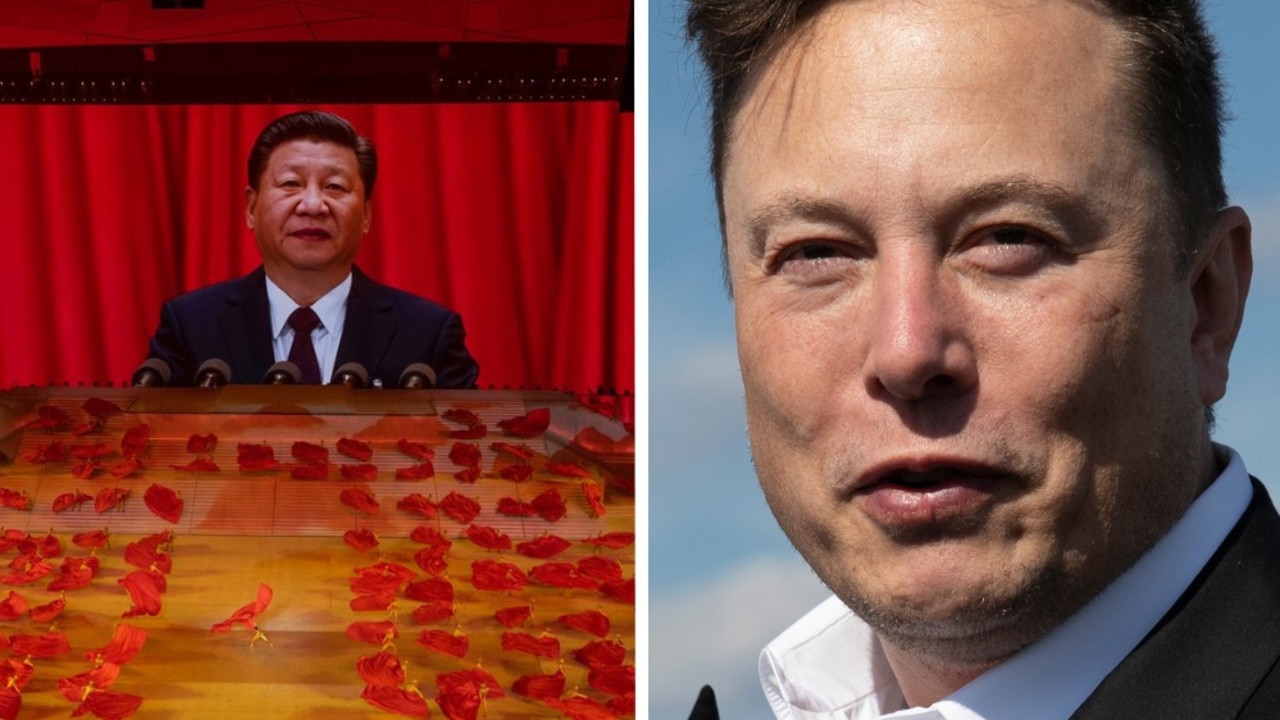
Elon Musk’s suggestion that Taiwan should become a “special administrative zone” of China has been met with furious backlash, with the billionaire accused of throwing Taiwan “under the bus”.
Mr Musk has come under fire from US politicians and commentators for his proposal, which would upset the status quo in the region.
In a wide-ranging interview with the Financial Times, the world’s richest man warned conflict over Taiwan was inevitable.
The Tesla CEO admitted the company’s Gigafactory 3 in Shanghai would be caught up in any conflict, but stated the business would be able to continue to supply Chinese customers in any case.
He cautioned the world economy could take a 30 per cent hit if conflict broke out, stating, “Apple would be in very deep trouble, that’s for sure...”
Apple and Amazon and other big tech companies have recently started shifting production out of China over geopolitical concerns.
Stream your news live & on demand with Flash. From CNN International, Al Jazeera, Sky News, BBC World, CNBC & more. New to Flash? Try 1 month free. Offer ends 31 October, 2022 >
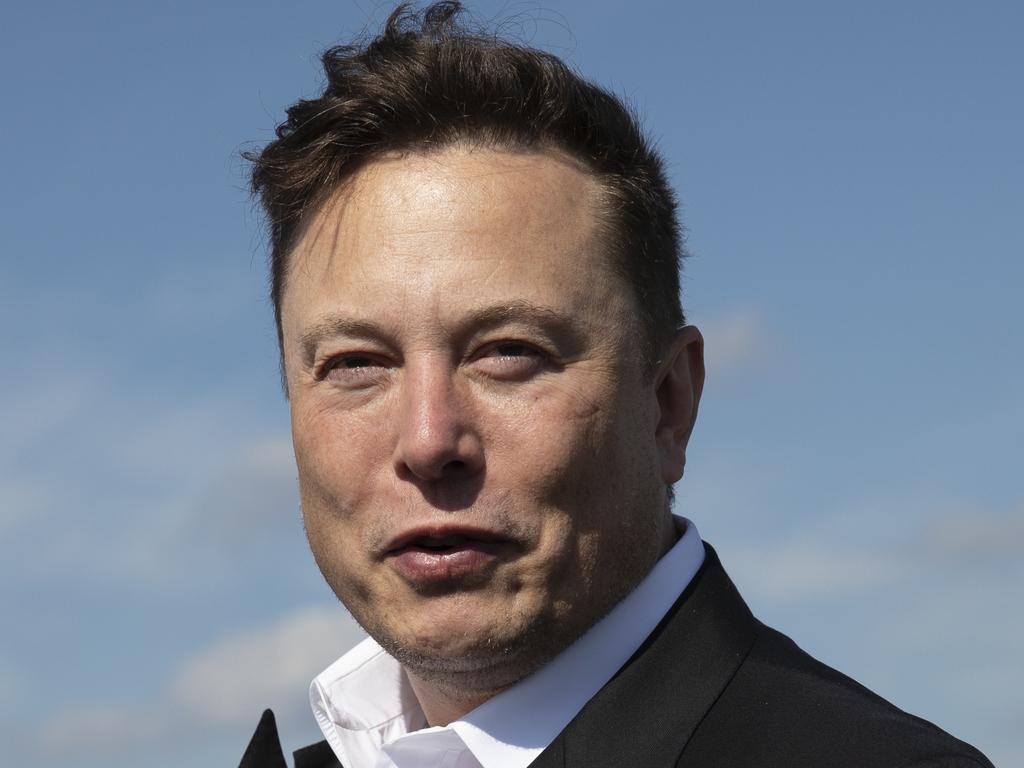
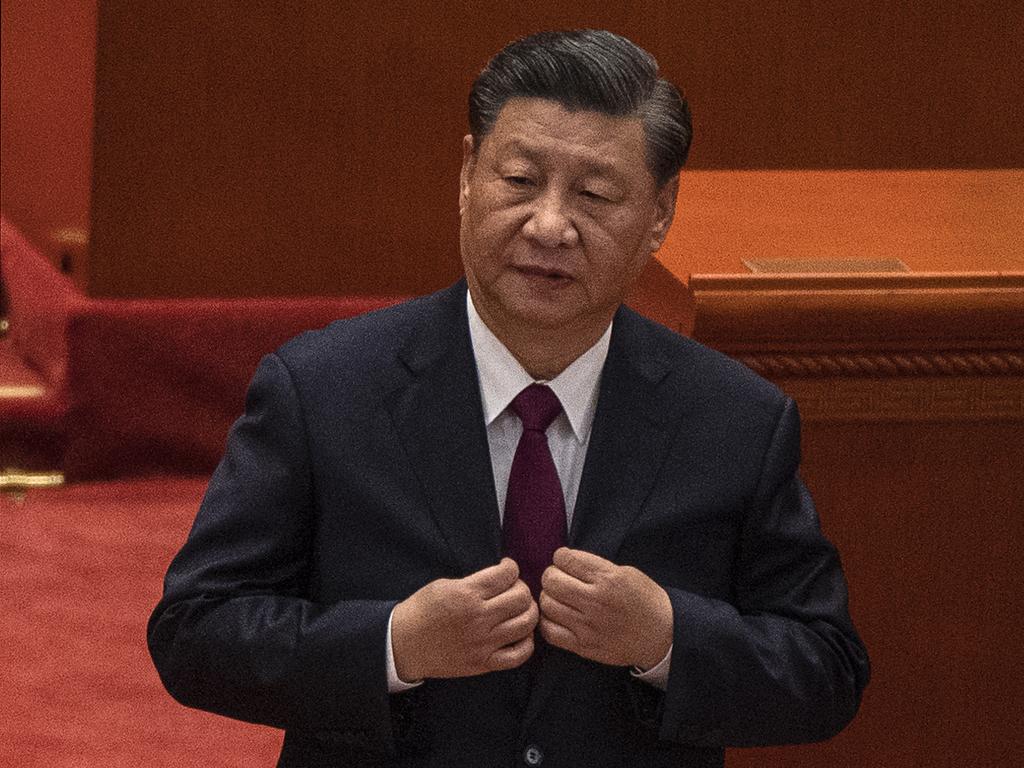
The business magnate and investor, whose net worth is estimated to be about $300 billion (US$219 billion), hasn’t been shy about commenting on geopolitical issues.
Last week Mr Musk proffered his solution to end Russia’s invasion of Ukraine.
He wrote that fresh elections should be held under United Nations supervision in the regions recently annexed by Russia, with “Russia [to leave] if that is the will of the people.”
He also wrote that Crimea should be formally incorporated into the Russian Federation.
The proposal wasn’t well received in Ukraine, with President Volodymyr Zelensky firing back and Ukranian diplomat Andrij Melnyk writing: “F**k off is my very diplomatic reply to you [Elon Musk].”
Ukraine agreed to destroy its nuclear weapons in 1994 and joined the Treaty on the Non-Proliferation of Nuclear Weapons after receiving security guarantees from Russia.
Despite those promises, Russia invaded Crimea in 2014 while the world was focused on the Winter Olympics in Sochi and subsequently annexed the territory.
Russian President Vladimir Putin launched an invasion of Ukraine earlier this year, initially occupying huge chunks of the country — and even threatening Kyiv — but has recently suffered setbacks.
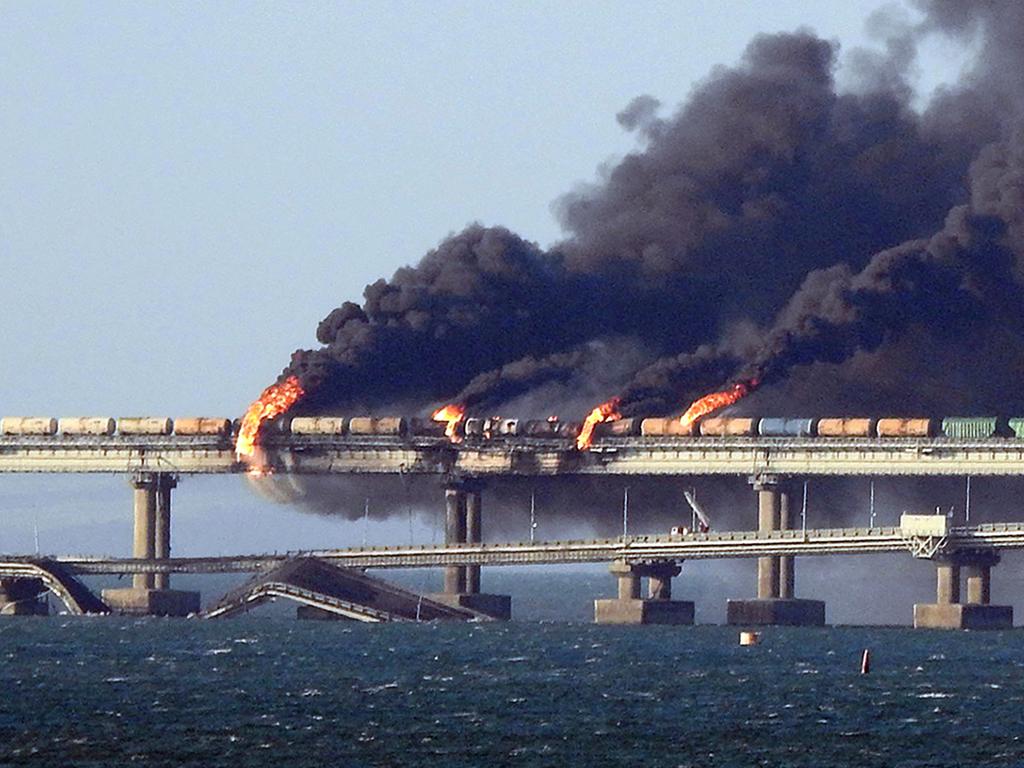
Now Mr Musk has turned his attention to solving the simmering dispute between the Republic of China (Taiwan) and the People’s Republic of China (China). The issue of Taiwan’s status has been unresolved since the Kuomintang forces (Chinese Nationalists) fled to Taiwan after it was militarily defeated on the mainland by the forces of the Chinese Communist Party.
Taiwan, one of the “Four Asian Tigers”, is now a critical part of the global economy after its rapid economic rise during the “Taiwan Miracle”.
Western nations, including the United States, have emphasised the status quo between China and Taiwan should be maintained.
But Mr Musk, who has extensive business interests in China, suggested that Taiwan should become part of China as a special administrative region. This would follow the “one country, two systems” framework in place in regions like Hong Kong and Macau.
“My recommendation... would be to figure out a special administrative zone for Taiwan that is reasonably palatable, probably won’t make everyone happy. And it’s possible, and I think probably, in fact, that they could have an arrangement that’s more lenient than Hong Kong,” Mr Musk said.
His comments on Taiwan, somewhat unsurprisingly, were warmly welcomed by Chinese officials, who have previously advocated making Taiwan a “special administrative region” of China.
Mao Ning, a spokesman for China’s Foreign Ministry, said Taiwan would be able to exercise a high degree of autonomy as a special administrative region of China, state-media outlet Global Times reported.
“Taiwan’s social system and its way of life will be fully respected, and the private property, religious beliefs, and lawful rights and interests of the people in Taiwan will be fully protected.”
Former Global Times editor Hu Xijin wrote, “[Elon Musk], you are indeed one of the few people in West who dare to speak out.
“This time I support your thoughts and recommendation on Taiwan. But I’m worried [Taiwan’s Democratic Progressive Party] authorities will hate you, as well as many US lawmakers and political elites. They may want to teach you a lesson together.”
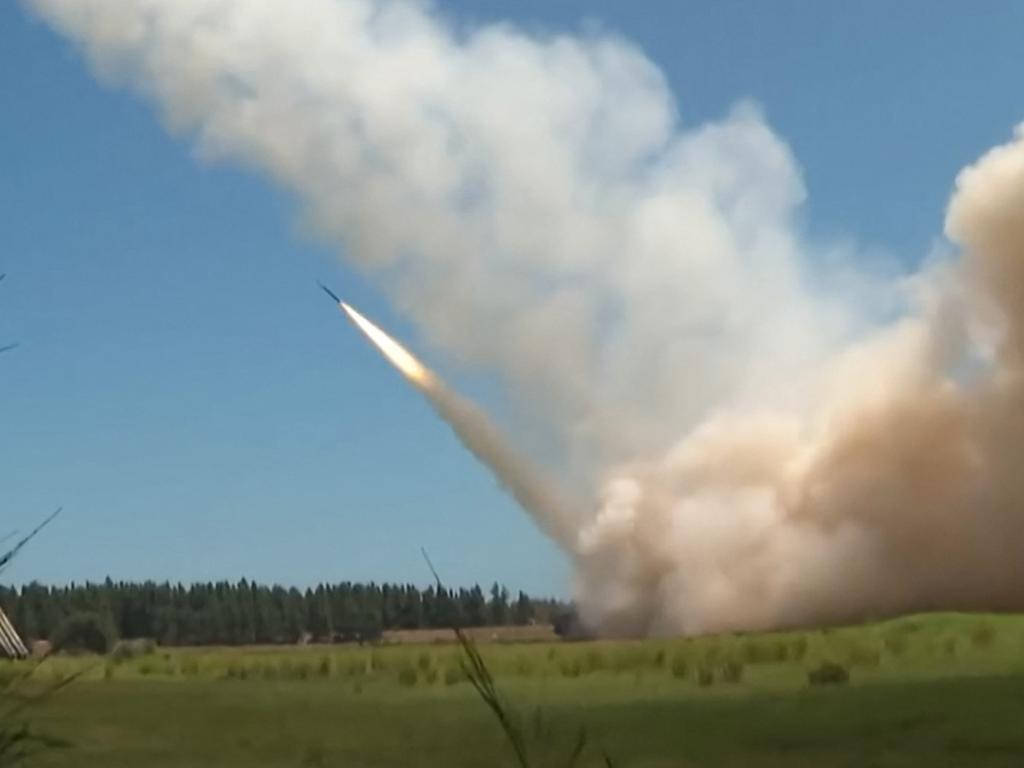
Chinese Ambassador to the United States Qin Gang wrote, “I would like to thank
[Elon Musk] for his call for peace across the Taiwan Strait and his idea about establishing a special administrative zone for Taiwan. Actually, peaceful reunification and one country, two systems are our basic principles for resolving the Taiwan question.”
But Mr Musk also faced harsh criticism for his foray into international relations.
“Elon Musk [is] willing to throw Taiwan under the bus to appease his business relations in China, think what concessions he’ll jump to as head of Twitter to censor content or hand over personal user data when Beijing comes a knocking,” human rights advocate Michael Caster wrote.
Washington Post columnist Josh Rogin wrote, “[Elon Musk] throws Taiwan under the bus, suggests ‘a special administrative zone for Taiwan that is reasonably palatable, probably won’t make everyone happy.’ He doesn’t understand the CCP’s cruel intentions or he doesn’t care. Either way, it’s horrendous.”
US politician Adam Kinzinger wrote, “I think it’s time for [Elon Musk] to return to things he knows. Diplomacy isn’t one of them.”
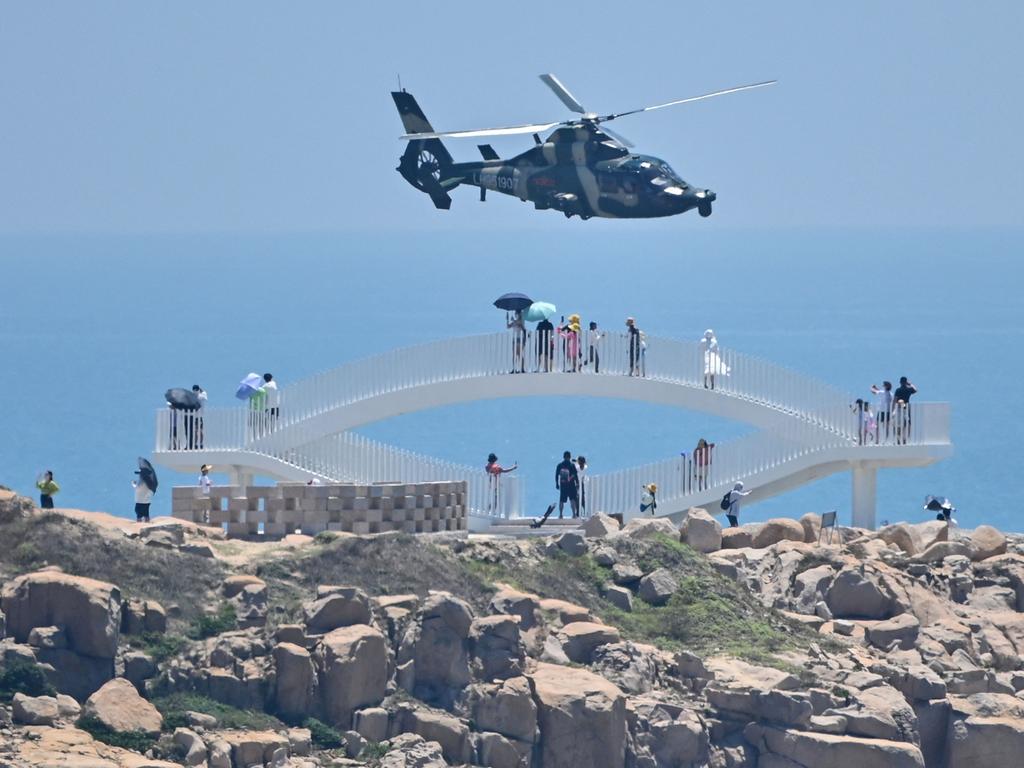
Tensions in the Taiwan Strait flared in August when US House Speaker Nancy Pelosi visited Taipei.
Beijing responded to Ms Pelosi’s visit with huge military drills, sending warships, missiles and jets into the waters and skies around Taiwan.
China also warned that “military exercises and training activities” surrounding Taiwan — which was described by some commentators as a “blockade” — would become routine until “reunification” takes place.






